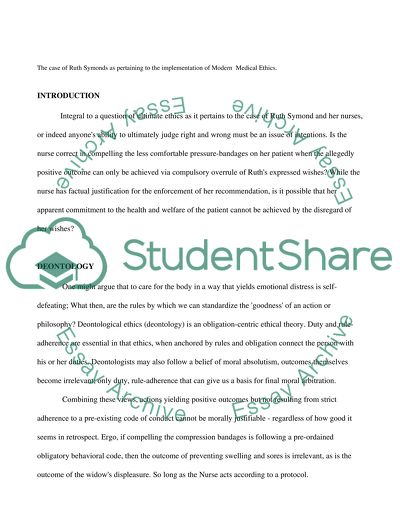Cite this document
(“Assignment scenario Essay Example | Topics and Well Written Essays - 1500 words - 1”, n.d.)
Retrieved from https://studentshare.org/environmental-studies/1421339-assignment-scenario
Retrieved from https://studentshare.org/environmental-studies/1421339-assignment-scenario
(Assignment Scenario Essay Example | Topics and Well Written Essays - 1500 Words - 1)
https://studentshare.org/environmental-studies/1421339-assignment-scenario.
https://studentshare.org/environmental-studies/1421339-assignment-scenario.
“Assignment Scenario Essay Example | Topics and Well Written Essays - 1500 Words - 1”, n.d. https://studentshare.org/environmental-studies/1421339-assignment-scenario.


